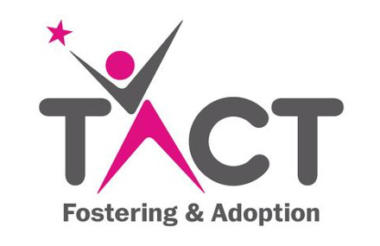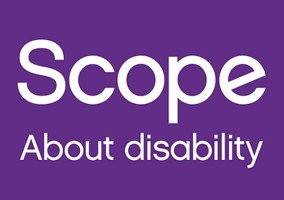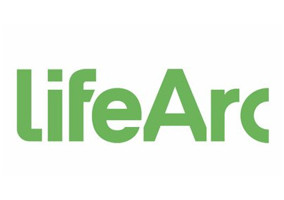The top performing charity in this month’s review of the haysmacintyre / Charity Finance 250 Index is The Adolescent and Children’s Trust (TACT), which reports a 78 per cent increase in income to £38.7m in the financial year ending 31 March 2018.
TACT trustees describe 2017/18 as “a transitional and transformational year”, due primarily to their successful bid for the 10-year contract to operate child permanency services for Peterborough City Council, which include fostering and adoption services. The contract, which is worth over £126m, runs from April 2017 to March 2027 with an option for the council to extend for a further 10 years. The arrangement, described as “the first of its kind in the UK”, will make TACT the first agency in England to take over a local authority’s fostering and adoption service.
TACT invested £1.6m in improving the service. Ofsted ratings have already improved and the charity expects to reap the benefit of its investment in year three of the contract.
Chairman Matthew Doyle says: “Being a charity has enabled TACT to take a long-term view of its investment, with the expectation that over the lifetime of this 10-year and potentially 20-year contract, we will achieve a positive financial outcome, and position TACT as the partner of choice for other local authorities.”
Another strong performer is the British Academy for the Promotion of Historical, Philosophical and Philological Studies, which reports a 57 per cent increase in income to £62.2m in the year to 31 March 2018.
The British Academy’s principal funder is the Department for Business, Energy and Industrial Strategy (BEIS), which provides a recurring annual grant of £27m in order mainly to fund research across the humanities and social sciences. A capital grant of £14m was also received from BEIS in 2017/18, enabling the British Academy to agree a new 125-year lease on its existing premises in the London district of St. James’s, which are owned by the Crown Estate.
The Halo Trust, which reports a 50 per cent increase in income to £61.1m in 2017/18, also owes its strong performance to an increase in income from charitable activities. The humanitarian charity responsible for removing landmines and other war debris received an increase of £13.4m in sub-awards from The Halo Trust (USA) for US Department of State contracts, which previously did not pass through The Halo Trust. It also received government funding increases of £2.1m from the UK, £1.9m from Germany and £1m from the Netherlands.
Halo Trust chair Timothy Church says that while turnover of £61.1m in 2017/18 is “the largest in Halo’s history”, low overheads of £5.4m or 8.7 per cent of total turnover ensure that “donor funds are used to improve the lives of millions of beneficiaries by clearing landmines and unexploded ordnance around the world”.
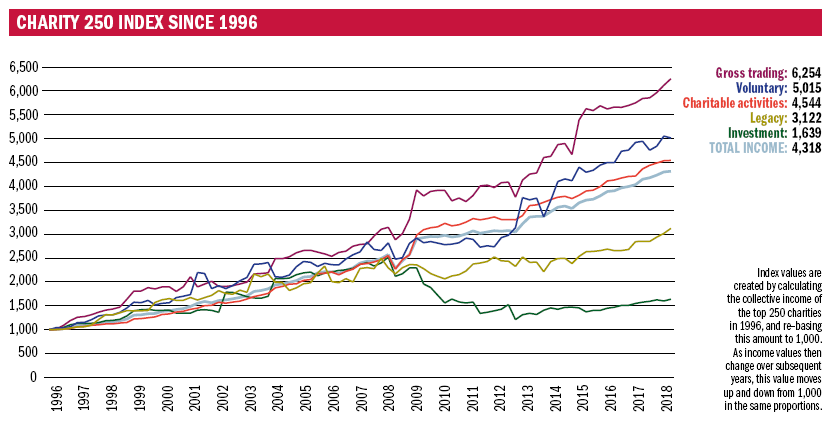
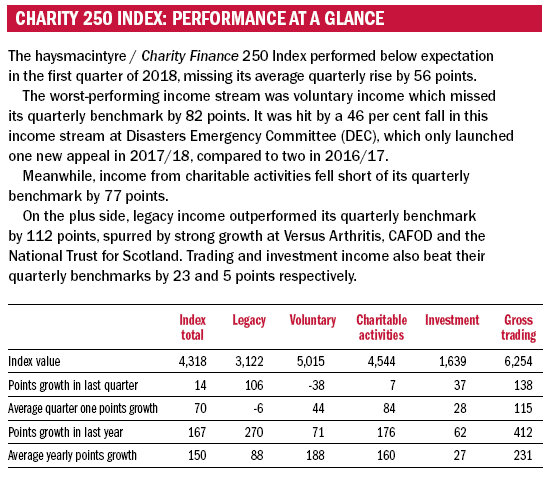
Religious charities
Across the Charity 100 and Charity 250 Indexes, there are 23 religious charities, ranging from the Church Commissioners for England with annual income of £167.3m to Church Communities UK with £20.7m.
An interesting new entrant to this group is Allchurches Trust, which joined the Charity 250 Index in May 2018. The trust was set up in 1972 to act as the beneficial owner of the Ecclesiastical Insurance Group plc, owner of Ecclesiastical Insurance Office plc, which insures heritage buildings, charities, schools, churches and other faith buildings.
The Trust receives the majority of its income – some 80 per cent in 2017 – from the companies it owns and uses this to “finance the regular charitable giving to dioceses and cathedrals and the specific requests for charitable giving received from churches and charitable organisations”. Historically most of the Trust’s grants were for the repair and maintenance of church buildings, but now it has a broader grantmaking remit with a focus on “heritage, care and the community”.
Another significant change amongst the religious charities represented in the Indexes this year is the restructuring of the Roman Catholic Diocese of Southwark Diocesan Trust into a charitable incorporated organisation (CIO). The CIO was set up in May 2017 and the assets and liabilities of the trust were transferred in October 2017.
The successor organisation has filed accounts for the three months ending 31 December 2017, reporting total income of £87.2m. As this includes the one-off transfer of assets of £78.7m from the predecessor entity, next year’s total income will likely fall back in line with the level reported by the predecessor entity, which was £32.9m in the year ending 31 December 2016.
The restructuring process has taken about two years. It commenced with a governance review undertaken by organisational change specialists the Kinharvie Institute, whose 32 recommendations for change had been largely implemented by the end of 2017. A key change has been the appointment of four lay trustees with significant expertise in areas such as finance, education and safeguarding to complement the five clergy trustees who are appointed for their expertise in parochial, spiritual and pastoral matters.
According to haysmacintyre head of faith charities Adam Halsey, it is not uncommon for dioceses, which have traditionally been unincorporated trusts, to become incorporated. “As most dioceses are large, complex undertakings with multiple parishes, churches and schools, the process of conversion requires a lot of time and commitment. The real benefit of conversion, however, is that the recruitment of trustees is no longer confined to the clergy and a broader skill set can be tapped.”
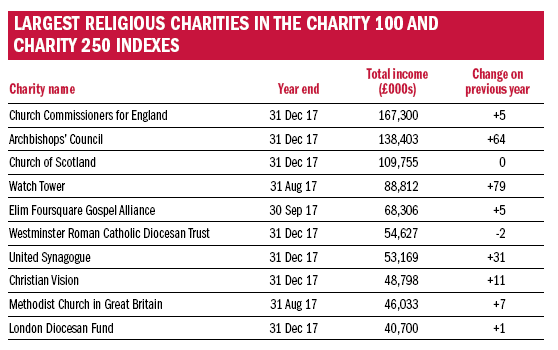
Related articles




